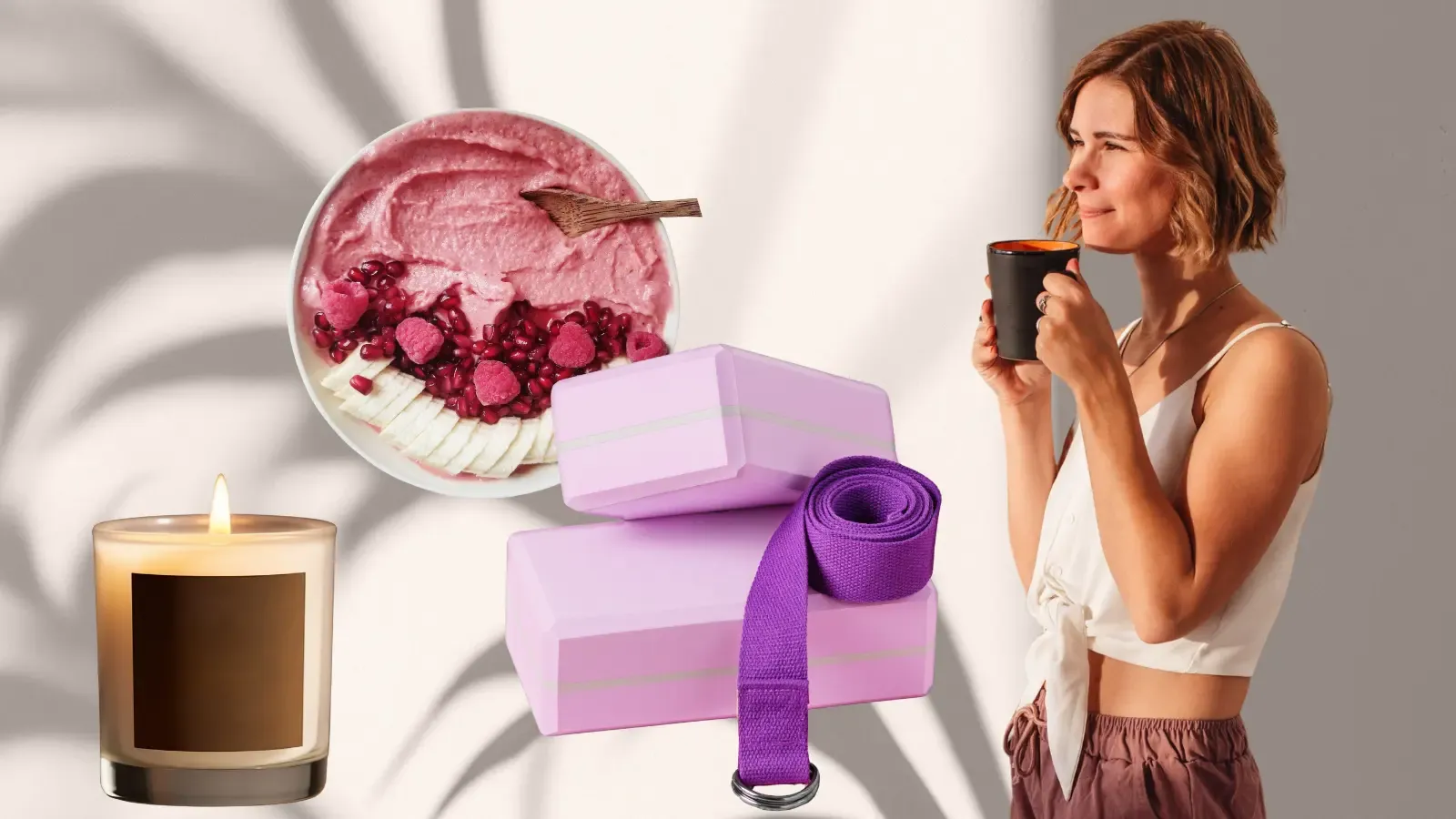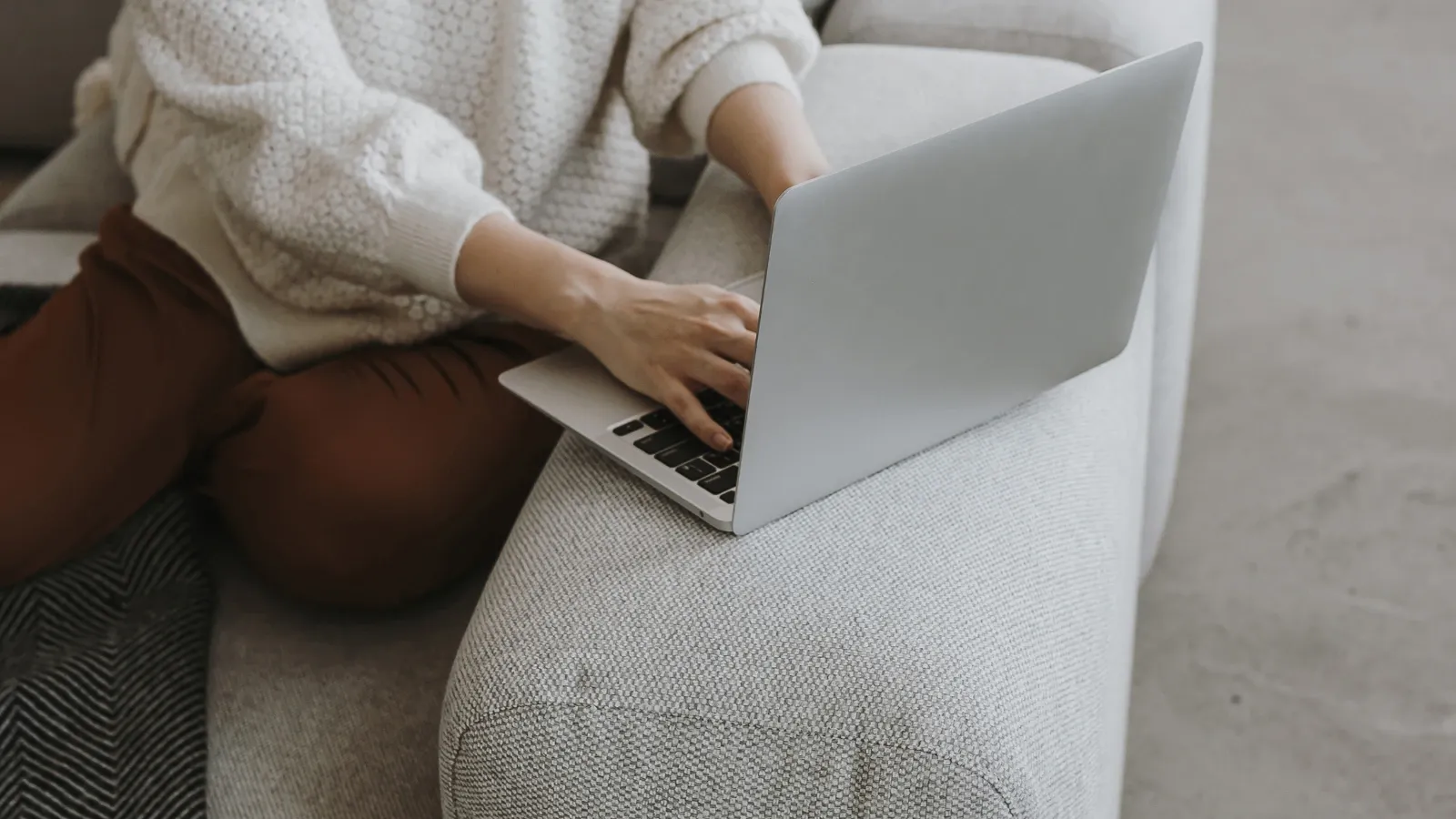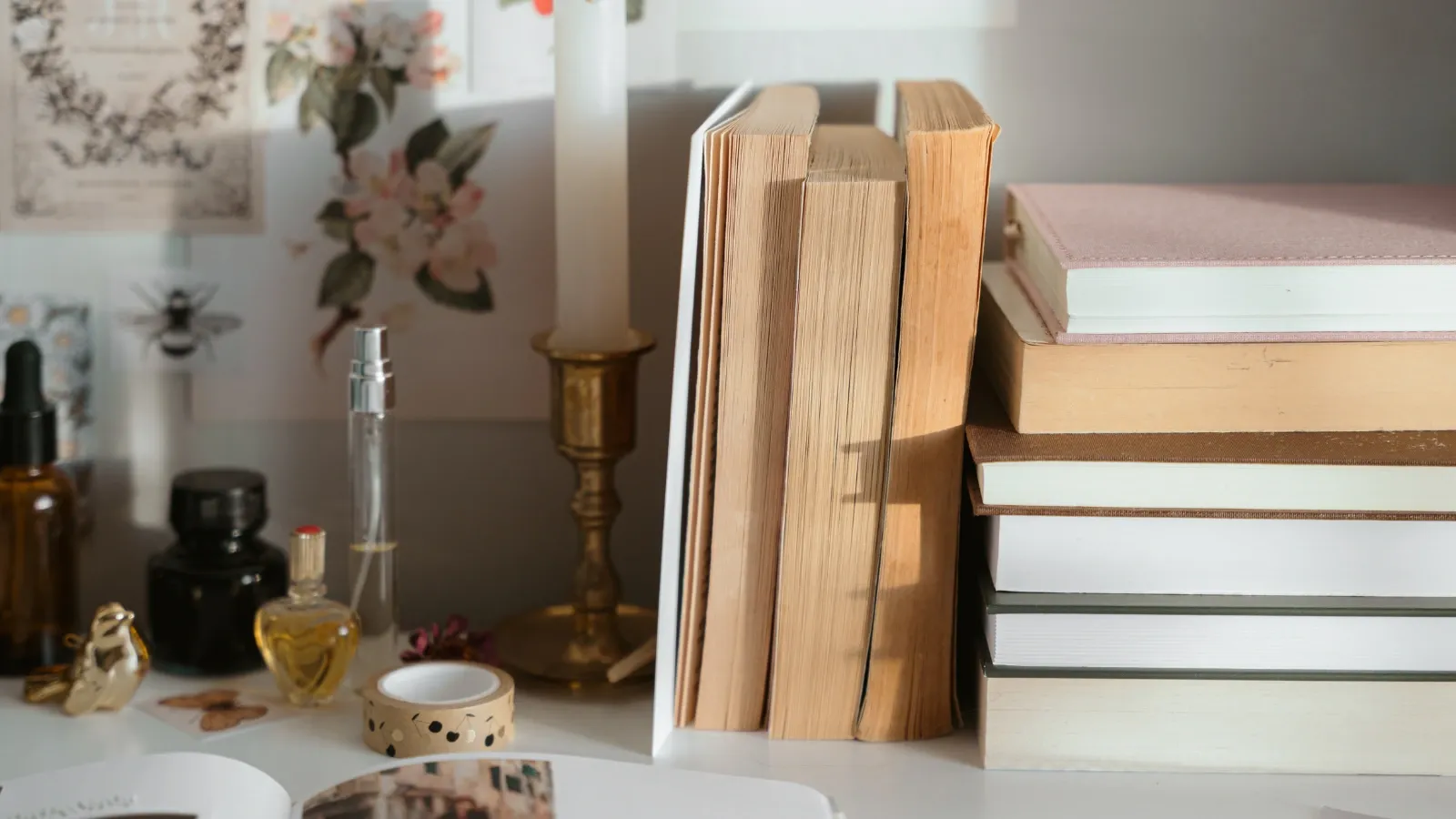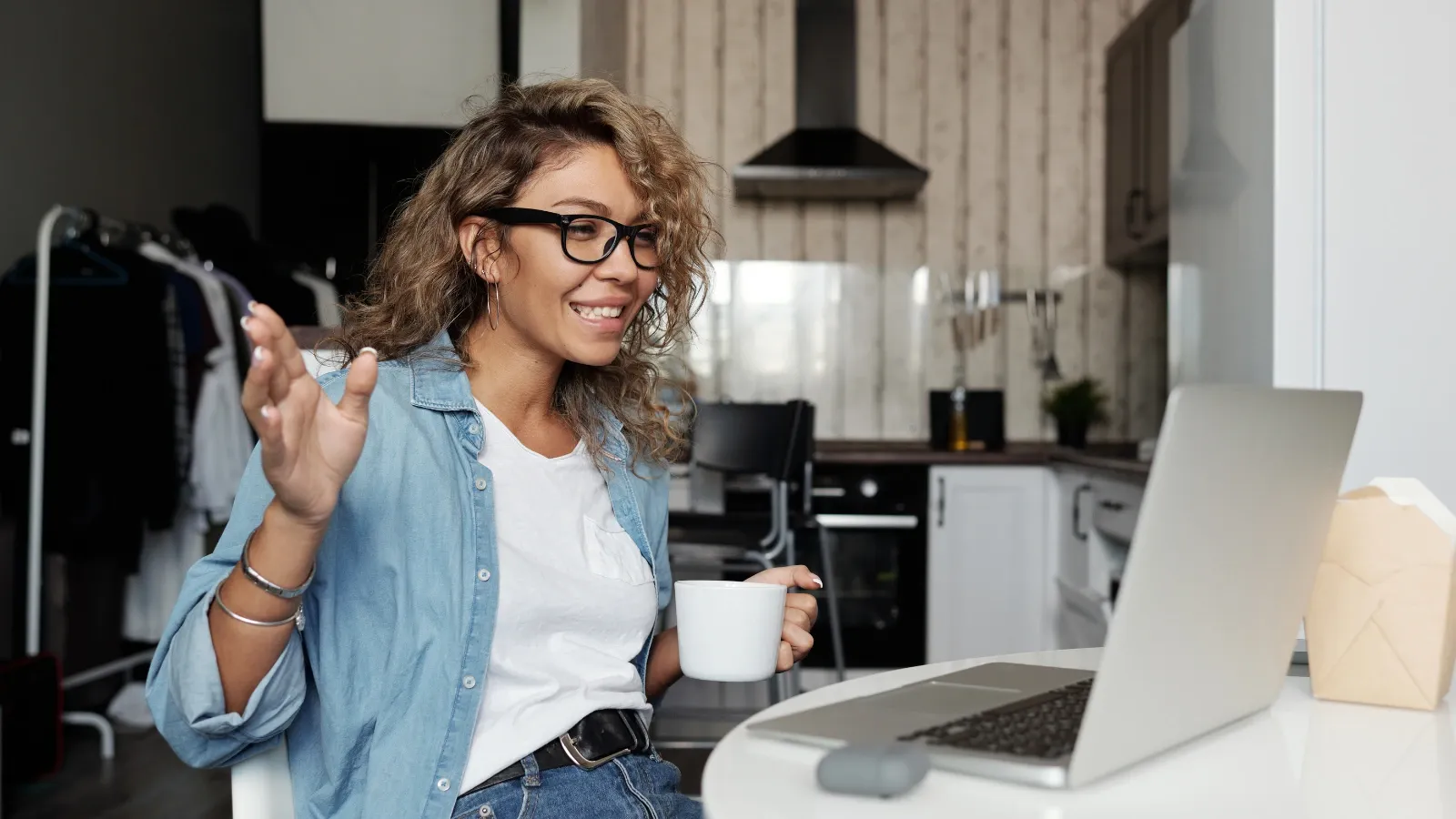It's 11 PM, you're mindlessly scrolling through Instagram and TikTok, and suddenly you're watching a wellness influencer gracefully wake up at 5 AM to journal, meditate, drink lemon water, do yoga, make an elaborate smoothie bowl, and somehow still look effortlessly put-together before heading to their "passion project." Meanwhile, you're calculating whether you have enough clean underwear to make it through tomorrow and wondering if dry shampoo counts as self-care.
The Viral Influencer Morning Routines
The morning routine industrial complex has convinced us that successful people wake up at dawn, engage in seventeen different wellness rituals, and never hit the snooze button. But here's the thing about being a working woman in 2025: most of us don't live in minimalist lofts with perfect lighting, we don't have personal chefs meal-prepping our superfood breakfasts, and we definitely don't have the luxury of spending two hours on ourselves before the rest of the world needs us.
That doesn't mean we should completely dismiss the morning routine trend. After years of trying (and failing) to recreate these Instagram-worthy mornings, I've learned to separate the wheat from the chaff. Although a complete influencer morning routine may seem unattainable, some habits from these routines are actually effective. What you have to do is simply strip away the performative aspects and adapt them to real life.
The Problem with Perfect Morning Routines
Before we elaborate on what actually works, let's address the elephant in the room: most influencer morning routines are completely detached from reality. They're designed for content, not for sustainability. When your job is literally to document your perfect life, of course, you're going to have time for an hour-long skincare routine followed by 30 minutes of gratitude journaling.
The problem isn't the time commitment. It's the all-or-nothing mentality these routines promote. You're supposed to wake up at 5 AM, drink 32 ounces of water, meditate, journal, work out, make breakfast from scratch, do your skincare routine, get dressed in a Vogue-like outfit, and somehow still arrive at work looking serene and accomplished.
When real life inevitably gets in the way (because hello, you're human), you feel like you've failed. You hit snooze once, skip the meditation, grab coffee instead of making that green smoothie, and suddenly you've "ruined" your morning routine. This perfectionist approach sets us up for failure and makes us feel inadequate about our perfectly normal human needs, like sleep and efficiency.
What Actually Works: My Realistic Morning Routine Picks

After a significant time of trial and error, here are the elements I've borrowed from influencer morning routines that actually enhance my life without requiring me to become a completely different person:
The 10-Minute Morning Pages
Influencers love their extensive journaling practices; gratitude lists, intention setting, stream-of-consciousness writing, and daily affirmations. While I'm all for reflection, spending 45 minutes writing every morning isn't realistic when you have a commute and actual responsibilities to attend to.
Instead of writing so much, I keep a small notebook by my bed and spend 5-10 minutes doing what Julia Cameron calls "morning pages" – just stream-of-consciousness writing. No prompts, no structure, no pressure to be profound. Sometimes I write about my dreams, sometimes I complain about my commute, sometimes I just list what I need to do that day. It's incredibly liberating and takes less time than scrolling through my phone (which is what most of us do instead).
You may want to also read: 15 Books We Are Reading This Fall
The key is removing the pressure to make it meaningful or Instagram-worthy. Journaling isn’t content; it's just brain maintenance.
Hydration (Without the Elaborate Lemon-Cayenne-Himalayan Salt Concoctions)
Every influencer's morning routine features some elaborate drink situation, usually involving lemon water, sometimes with cayenne pepper, Celtic sea salt, chlorophyll drops, or whatever supplement they're currently partnering with. The good news is that the basic principle behind this is solid: you're dehydrated when you wake up, and drinking water first thing actually does help with energy and mental clarity.
What I have adopted so far, and I am proud to say I have managed to stick to it, is keeping a large water bottle by my bed and drinking most of it before I even get out of bed. Sometimes I add lemon if I have it, but usually it's just water. The goal is hydration, not performing wellness for an audience.
If you're someone who never remembers to drink water during the day, this morning habit can actually make a significant difference in how you feel. Just don't get caught up in the idea that it needs to be special water with special additives to be effective.
Movement (That Doesn't Require a Full Gym Setup)
The morning workout is a staple of influencer routines, usually featuring perfectly lit home gyms, matching workout sets, and complex routines that would intimidate most fitness professionals. While I'm a big believer in morning movement, and for the most part of my life, I have been working out before heading to the office, the Instagram version is often unrealistic and unsustainable.
When I do have the time (rarely), I usually dedicate an hour to my reformer. However, most days are full and packed with meetings since early morning (working with an international team), so I do 10-15 minutes of stretching or yoga, usually following a YouTube video or using a yoga app. Sometimes it's an energizing flow, and sometimes it's just mild stretching to work out the kinks from a night's sleep. On days when I'm really pressed for time, I just do a few sun salutations or walk around the house (yes, it counts!).
The goal isn't to get a full workout in before work, especially when busy; it's to wake up my body and set a positive tone for the day. This approach is sustainable because it doesn't require special equipment, takes minimal time, and can be adapted based on how you're feeling and how much time you have.
Intentional Getting Ready
Influencer morning routines often feature elaborate skincare and beauty routines with dozens of products and steps. While I love skincare as much as the next person, spending 45 minutes on my face every morning isn't practical and feasible, and it’s also not financially sustainable.
What I've learned instead is the power of being intentional about getting ready, even when you're in a hurry. This might mean actually washing your face instead of just splashing water on it, taking an extra minute to apply moisturizer and a peptide serum mindfully, or choosing clothes the night before so you're not frantically searching through your closet, complaining that you have nothing to wear.
The influencer version focuses on having perfect skin and looking flawless. The realistic version focuses on taking a few moments to care for yourself, even when time is tight.
Strategic Phone Boundaries (A Partial Digital Detox)

Many morning routine gurus advocate for not checking your phone until after you've completed your entire routine. In theory, this is great advice –starting your day by scrolling through news and social media isn't exactly energizing. In practice, many of us use our phones as alarm clocks, need to check for urgent work messages, or want to look at the weather before getting dressed.
So, in order to set my boundaries, I try to avoid opening social media apps for the first 30-60 minutes after I wake up. I'll check texts and emails if needed, look at the weather, maybe put on music or a podcast, but I avoid the mindless scrolling that can easily eat up 20 minutes and leave me feeling scattered.
This approach acknowledges that phones are tools we need while still protecting the morning headspace that makes such a difference in how the day unfolds.
Making It Work with a Real Schedule
The biggest challenge with adapting influencer morning routines isn't identifying what works; it's mainly fitting it into a real schedule with real constraints. Here's how I make it work:
Start Small and Build
Instead of trying to implement an entire routine at once, I started with just one element: drinking water when I wake up. Once that became automatic (about two weeks), I added the brief journaling. A few weeks later, I added the movement. Building slowly meant each habit had time to stick before adding complexity.
Prepare the Night Before
The secret to any successful morning routine is actually what you do the night before. I lay out clothes, prepare my water bottle, keep the journal and pen visible, and sometimes even roll out my yoga mat. When you're tired in the morning, removing even tiny obstacles makes a huge difference.
Have a Backup Plan
Life happens. Sometimes you oversleep, sometimes there's an emergency, sometimes you're just not feeling it. Instead of abandoning the routine entirely when things don't go perfectly, I have scaled-back versions for different scenarios.
If you are in a rush in the morning, just drink water and get dressed intentionally. If you have some more minutes, drink water, do 5 minutes of stretching, and 5 minutes of quick journaling. And if you are on board for a full routine, then do all of the above plus 15 minutes of movement and healthy breakfast.
Having options means I can maintain the habit even when circumstances aren't ideal.
What I've Learned to Skip
Not everything from influencer morning routines is worth adapting. For instance, there are elements I've tried and abandoned:
The 5 AM Wake-Up Call
Unless you're naturally an early riser or have specific goals that require early morning time, forcing yourself to wake up at dawn is often counterproductive. I need 7-8 hours of sleep to function well, and going to bed early enough to wake up at 5 AM would mean missing evening time with friends and family. For most people, consistency matters more than timing.
Elaborate Breakfast Prep
Those beautiful smoothie bowls and overnight oats look amazing on camera, but they often require ingredients I don't keep stocked and time I don't have. I've learned to keep breakfast simple and nutritious without trying to make it Instagram-worthy. On weekends, I sometimes try a more complicated and Instagram-friendly breakfast option.
Meditation
I know meditation has incredible benefits, and I respect people who've built a consistent practice. But for me, the morning pages serve a similar mental-clearing function without the pressure to "do it right." Maybe I'll come back to meditation later, but for now, I'm focusing on habits that feel natural and sustainable.
Complicated Morning Beverages
After trying various elaborate morning drink recipes, I've returned to the simplicity of coffee and water. The time I was spending making special drinks was time I could spend on movement or reflection, which serves me better.
The Real Benefits I've Noticed
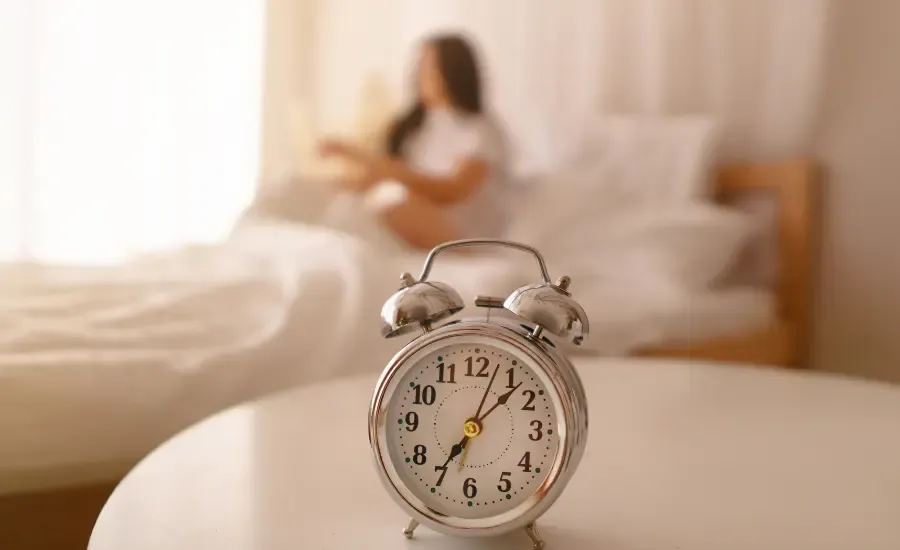
After maintaining this adapted routine for some months, here are the actual changes I've experienced:
Better Mental Clarity
Starting the day with intention, rather than immediately reacting to emails and notifications, has made a noticeable difference in my focus and decision-making throughout the day.
Improved Consistency
Having a routine, even a simple one, creates structure that makes other healthy habits easier to maintain. When I start the day with intentional choices, I'm more likely to make intentional choices throughout the day.
Reduced Morning Stress
Even though my routine only takes 20-30 minutes, it eliminates the frantic rushing that used to characterize my mornings. I still get ready quickly when needed, but the default is more calm and controlled.
Better Body Awareness
The brief morning movement practice has made me more aware of how I'm feeling physically and what my body needs. This has resulted in better posture, reduced tension, and increased energy throughout the day.
Making It Sustainable Long-Term
The difference between a routine that lasts two weeks and one that becomes a genuine lifestyle change comes down to sustainability. Here's what I've learned about maintaining morning habits long-term:
Focus on How It Feels, Not How It Looks
The most sustainable habits are those that genuinely improve your well-being, not the ones that merely appear good to others. My morning routine isn't photogenic, but it makes me feel more grounded and prepared for the day.
Allow for Evolution
Your routine should change as your life changes. What worked when I was single is different from what works now. What works in winter is different from what works in summer. Building flexibility into your approach means you can adapt rather than abandon the practice entirely.
Remember Why You Started
I didn't adopt morning routine elements to become a wellness influencer or to have content to share. I adapted them because I wanted to feel more intentional and less reactive. Keeping that original motivation in mind helps me stay focused on what actually serves me rather than what looks impressive.
The morning routine industrial complex wants us to believe that successful people wake up at dawn, have perfect habits, and never struggle with motivation. The reality is that most successful people have simply found ways to start their days that work with their lives, not against them.
You don't need to become a completely different person to benefit from some of the principles behind influencer morning routines. You just need to separate the useful habits from the performance, adapt them to your actual life, and focus on consistency over perfection.
My morning routine isn't going to win any Instagram awards, but it's made me feel more like myself – just a more intentional, grounded version. And honestly, that's worth more than all the perfect lighting and matching workout sets in the world.
The next time you find yourself watching someone's perfect morning routine and feeling inadequate about your own chaotic mornings, remember: you're not seeing the full picture. You're seeing the highlight reel of someone whose job it is to make their life look effortless. Your real life, with all its beautiful imperfections and genuine challenges, is actually much more impressive than any curated content could ever be.
 THE WORKING GAL
THE WORKING GAL